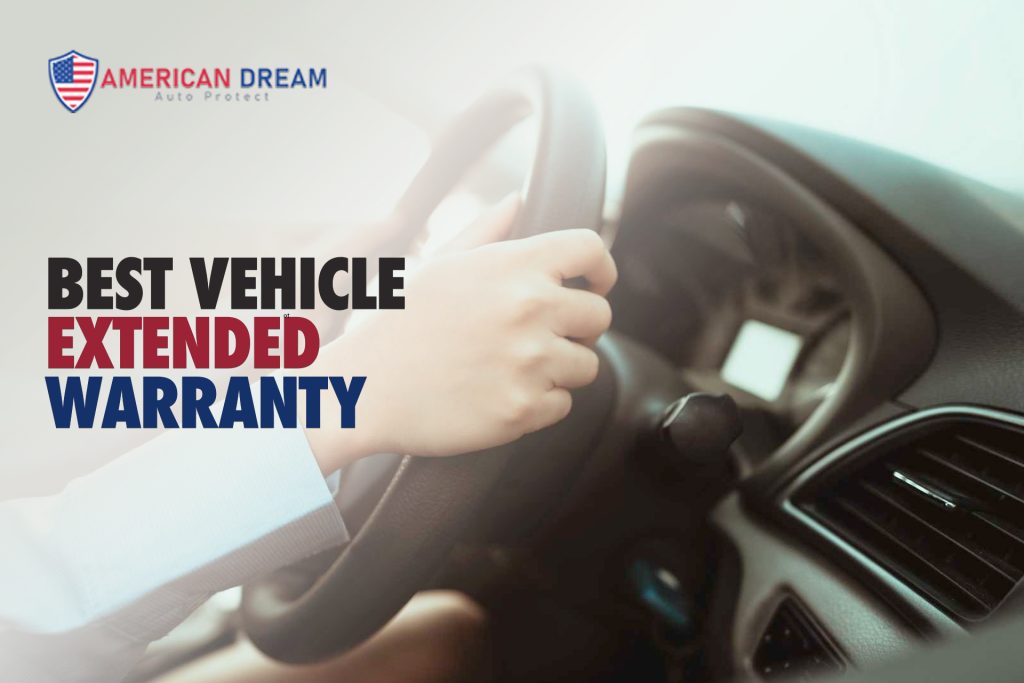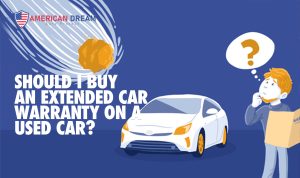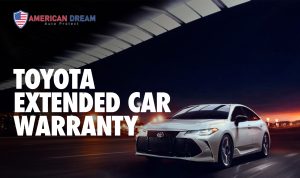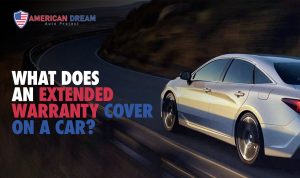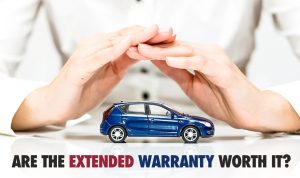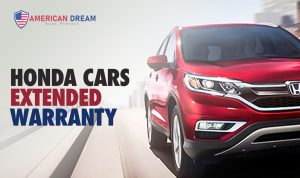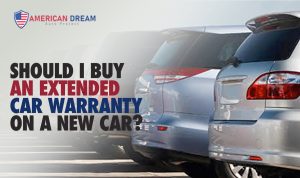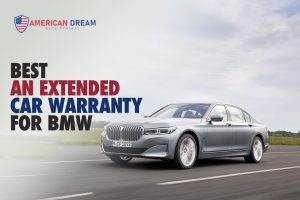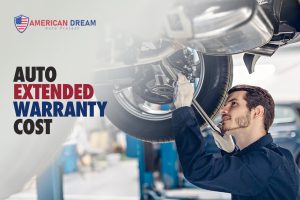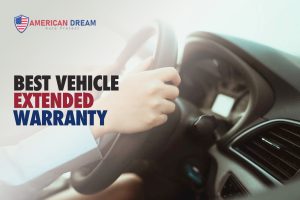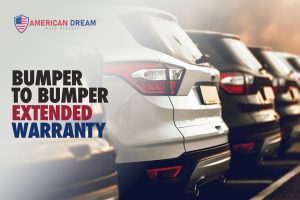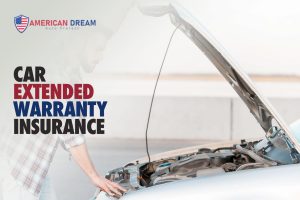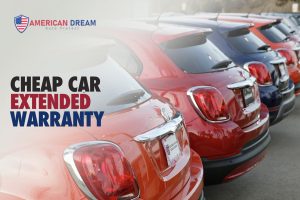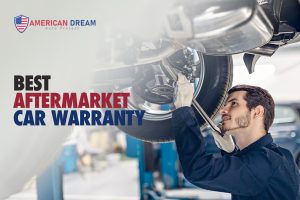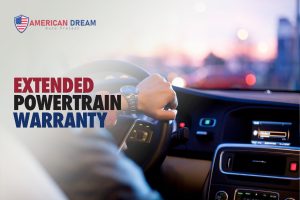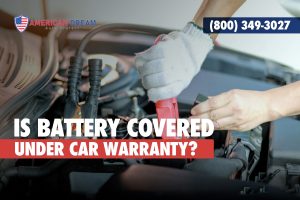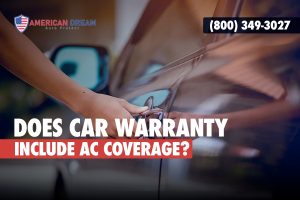Extended warranty
An extended auto warranty is a service contract related to vehicles that are optional and is offered by manufacturers, dealerships, and independent providers at an additional cost over and above the purchase price to cover the expense of repairing or replacing certain parts for a specified period or a certain number of miles beyond that which is covered by the manufacturer’s warranty.
This is in addition to the coverage provided by the manufacturer’s warranty. It is typical practice to purchase an extended auto warranty when purchasing a new vehicle, but, in most cases, a service contract can be purchased at any time before the deposit on your card expires.
How does it work (a brief guide for beginners)
If you’ve ever owned a car, you know that vehicle problems can sometimes be more complex than those that are covered by your manufacturer’s warranty and can continue long after the manufacturer’s warranty ends, which could put you in a position where you have to pay out of pocket for repairs or replacements.
If you’ve never owned a car, you may not realize that vehicle problems can sometimes be more complex than those covered by your manufacturer’s warranty. When something like this happens to your car, having an extended warranty may be quite helpful.
These service contracts are intended to cover the expenses of certain services that fall beyond the purview of the manufacturer’s warranty or that are performed after the verification has expired.
For instance, purchasing a brand-new electric vehicle that comes with a manufacturer’s guarantee is good for three years. You decide to get an extended auto warranty since the automobile includes an intricate electrical system.
During the third year of ownership of a vehicle, the onboard computer of the car develops a fault; however, the warranty that was purchased from the manufacturer does not cover repairs of this sort. To your relief, the extended vehicle warranty that you have does cover it, which means that you won’t have to pay any of the potential several hundred dollar repair charges out of pocket.
Benefits
Safety that is Guaranteed
Choose to get an extended warranty from a recognized dealership in your region if you want to have total and utter confidence in your purchase. This guarantee will safeguard your car from incurring high costs if unforeseen repairs are required.
The cost of an extended warranty takes care of unexpected costs such as towing fees, the cost of renting a vehicle to get you back on the road, and overnight hotel stays, among many other things. Thanks to this coverage, problems like a broken engine or a malfunctioning gearbox are taken care of right away.
Service to Customers That Can Be Trusted
It might be difficult to accurately analyze and comprehend the issue when you’re dealing with a sudden automobile breakdown. You have a car, but you might not be very knowledgeable about the ins and outs of its construction.
On the other hand, you don’t need to worry about anything if you have an extended warranty coverage plan. It ensures that the knowledgeable team of the service provider will give full advice and technical help at all times.
You can choose to follow the correct instructions that have been offered by these knowledgeable specialists rather than depending on the information that a local technician has provided.
Increased Resale Value
When you go to buy a car, you probably won’t give much thought to the possibility of selling it at a later date. This is another reason why many people who own cars do not inquire about the availability of an extended warranty.
If your automobile is getting on in years, you might consider trading it in for a more recent model. To get the most out of your equity, To increase the property’s resale value, consider offering an extended warranty—it’s worthwhile.
Because it suggests that the vehicle’s owner kept up with its routine maintenance, an extended warranty typically results in a rise in this value.
Additional savings on costs
You may avoid spending significant money on future maintenance and repairs if you invest a little money upfront in purchasing an extended warranty. A severe breakdown may cause you to spend far more money than you had budgeted for, depending on the sort of coverage that you have chosen.
To counter this, an extended warranty will provide you with complete coverage in exchange for a modest ongoing premium payment.
Types
Manufacturers warranty
It is important to keep in mind that the standard warranty that comes with the product and the extended warranty is not the same. Due to the possibility that the price of the package may go up over time, it is in your best interest to acquire an extended warranty at the same time you purchase your car.
This is because most manufacturers provide after-sale service for automobiles up to a set time (for a defined period starting from the date of purchase or for certain kilometers run, whichever comes first).
Third-party Warranty
After-market warranties are sometimes referred to as third-party extended warranties. An after-market warranty is a service contract purchased from an independent merchant that does not have a direct commercial relationship with the vehicle’s original manufacturer.
Although it may be acquired at any time, to receive a more affordable estimate, it is recommended to purchase these warranties before the warranty provided by the manufacturer has run its course.
Coverage
- Manual gearbox components include gears, shafts, hubs, rings, etc. Mechanical features include brake bands, oil pumps, bearings and bushes, valves, drive plates, and transmission gears.
- Rack-and-pinion, steering column, steering box, and power steering pump are covered.
- The Master cylinder, booster, and vacuum pump make up the braking system.
- Mechanical and electrical fuel pumps, injectors, air flow meters, fuel accumulators, fuel distributors, warm-up regulators, cold start valves, pressure dampers, auxiliary air regulators, deceleration valves, engine speed sensors, ECUs, and throttle bodies are covered.
- Injection pumps, injectors, glow plugs, and electromagnetic cut-offs are Diesel Injection System elements.
- A compressor, condenser, evaporator reservoir, thermostat switch, fan motor, heater core, and AC switch are included.
- The starter motor, solenoid switch, alternator, rectifier, regulator, ignition coil, cooling fan motor, power window motors, ignition switch, relay, thermostat switch, speedometer, oil pressure switch, temperature gauge, fuel gauge, and horns (if dual tone) are covered.
- The crankshaft, camshaft, auxiliary shaft, gearbox, and driveshaft oil seals are covered.

